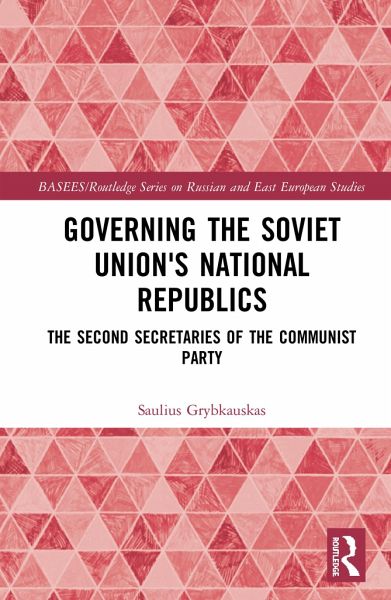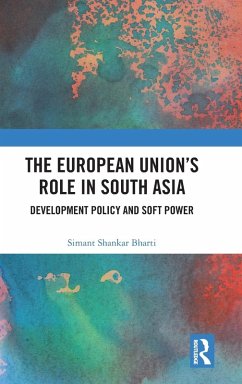
Governing the Soviet Union's National Republics
The Second Secretaries of the Communist Party
Versandkostenfrei!
Versandfertig in 1-2 Wochen
168,99 €
inkl. MwSt.
Weitere Ausgaben:

PAYBACK Punkte
84 °P sammeln!
Second Secretary of the Central Committee of a Soviet republic does not sound a very important position, but as this book shows it was an extremely important role, one that helped hold the Soviet Union together and helped to keep it going for so long.













